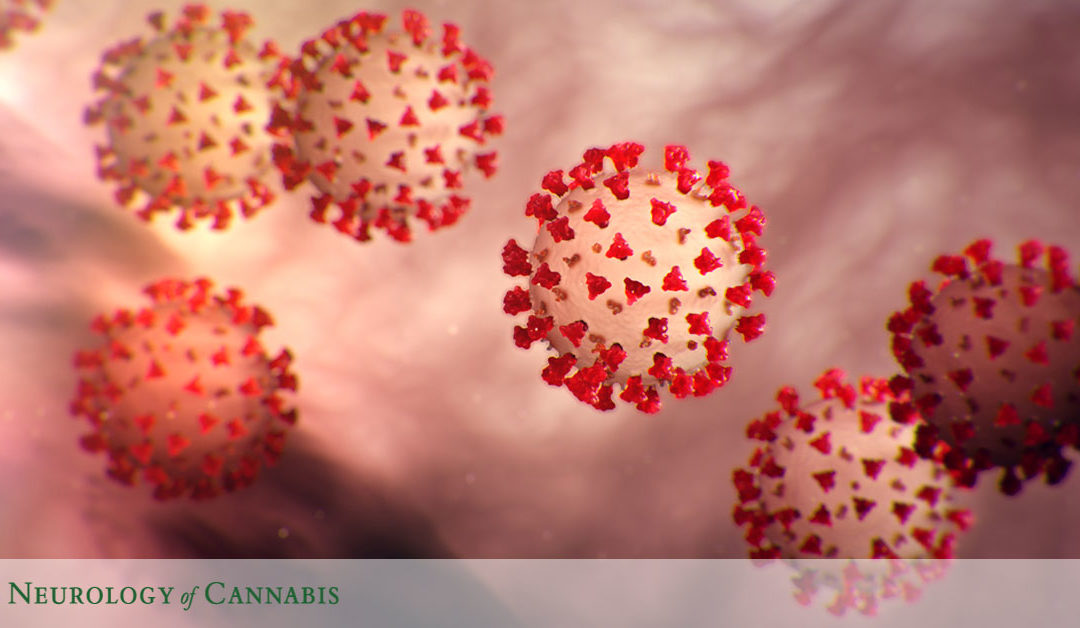The novel coronavirus has caused a social disruption unprecedented in our lifetimes. Of those affected, the hardest hit population is our senior citizens and the elderly.
Not only are those in nursing homes and assisted living at higher risk of dying from the virus, but the isolation this necessitated is causing anxiety and depression. As seniors face their fear of contracting the disease, they are also prevented from having visitors. This isolation is causing an adverse situation as seniors try to cope with fear and anxiety without the opportunity to be with people they love.
Medical cannabis products have been proven to reduce stress and anxiety, as well as to help with depression and insomnia. Still, many assisted living and adult residences have struggled with the concept of bringing cannabis into their premises, afraid that they may lose their federal funding by allowing the Schedule 1 drug.
However, MorseLife in Florida is piloting programs that could help to assist seniors in obtaining this treatment if determined to be helpful, through this particular crisis and beyond. The company manages long term care facilities in the state. Because it is a teaching facility, the research is being allowed, and cannabis can be distributed within federal guidelines.
Data from those participating is being monitored and collected in several areas. These include:
- the type of product used
- all health and quality of life outcomes
- the effectiveness in fighting certain conditions and diseases
- all side effects
- Reduction of other drug usages, such as opiates
Dr. Melanie Bone is currently overseeing the pilot. There are two facets of the program. Those patients with dementia are being treated with a CBD medication (no THC), while patients in the assisted living general population may be given medicines that contain THC.
Bone reports that there is a notable reduction in anxiety and aggressive behavior among participants. Barring any unforeseen events, the program will be expanded over time to offer medical cannabis options to rehabilitation and hospice facilities as well.
The CoronaVirus Impact
The study was in place before the outbreak of COVID-19. Administrators report that the requests for participation have increased due to coronavirus stressors. These situations involve both combatting the fear of contracting the disease and isolation from family.
Due to the medical crisis, Florida’s Surgeon General has mandated that medical marijuana recommendations and consultations can be conducted using telemedicine, which is the method utilized by Dr. Bone.
Experts involved in the MorseLife study – and a sister study at Hebrew Home in NY – concur that the most appropriate cannabis medicine for older adults living in these settings is either given orally as a tincture, capsule, or edible; or as a skin topical.
MorseLife and Hebrew Home have seen few complications in patients participating in the programs. MorseLife has reported one patient uncomfortable with the results, although 20% of participants have dropped out for other reasons. Hebrew Home’s administrator says he has observed no issues, especially significant when compared to the many effects of opioid drugs.
The medical cannabis industry will likely continue to evolve here in Florida and across the country. As studies continue, we can expect to learn more about the best ways to administer medical cannabis in a variety of ways across multiple demographics.
Sarasota area patients with qualifying conditions can speak with Dr. Daniel Stein to determine if medical cannabis is right for them. If you have any questions regarding care for you or a loved one in assisted living, our office is happy to help.
(Article Source: Forbes Magazine)

